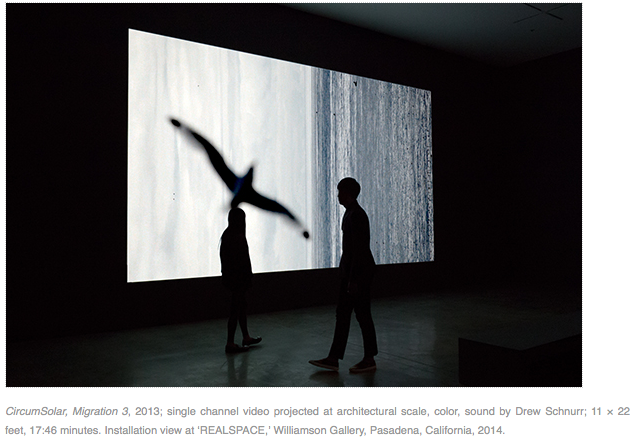Senator Barbara Boxer got down to brass tacks on transportation funding in a committee hearing yesterday, even as DOT Secretary Ray LaHood remained vague on how to pay for the president's ambitious proposal. Boxer said she’s not in favor of raising the gas tax, but she’d like it to be indexed to inflation. “We don’t even know if the president would go that far with us,” she said, but clearly something needs to be done.

Boxer: It’s a good news, bad news story. Good news, because people are getting better fuel economy; bad news because the Highway Trust Fund is slipping. And I’m looking for ways to get more money in there but they’re hard to come by. And because I drive a hybrid I’m not paying my fair share.
Ranking Member James Inhofe: That’s all right, you ought to see what I’m driving. We average out.
Boxer: I’m sure we average out. But you’re paying more for the roads than I am. I may be on the road as long as you are but I’m getting 50 miles to the gallon. So I’m not filling up the car and you’re paying more than I am. So it’s not fair to him [Inhofe] – I mean I think I’m wise to this, but we all should pay our fair share. So I think vehicle-miles-traveled is the way to go but I don’t seem to get much excitement when I mention it. I think we could do it easily, when you re-up your registration, this is how many miles I have now, then – but I don’t have any takers. Indexing the gas tax – indexing, not raising it – I could do that.
Boxer started the hearing with a ringing endorsement for a major expansion of the TIFIA loan program. She said both she and House Transportation Committee Chair John Mica “embrace a much more robust TIFIA program.”
She said the federal government is almost entirely shielded from risk with TIFIA. She alluded to the leveraging that is possible when federal funds are used right, using as an example the Crenshaw/LAX Light Rail project in Los Angeles, which made more than $500 million available at a cost of just $20 million to the federal government.
TIFIA loans only cover up to a third of a project, with local and state matches covering the rest. Boxer suggested allowing TIFIA to cover half of the project. DOT Budget Director Chris Bertram said that would be a mixed blessing – fewer projects could get federal money and less private investment would be involved, but it could be beneficial for projects that have a harder time attracting private investment.
Boxer asked Secretary LaHood, who was testifying at the hearing before the Environment and Public Works Committee, to support a TIFIA expansion. “In your budget, you call for a very large six-year bill,” she said. “But you really don’t – you say you look forward to working with us on how to fund it. I would respectfully suggest – and this is just me, speaking for myself – that this TIFIA program could be of enormous consequence. My understanding is that we are funding it at a very low level and the requests far surpass what we’ve been funding it at.”
But Secretary LaHood wasn’t nearly as specific as Boxer about how to fund the president’s $556 billion transportation proposal. He responded to Boxer’s push for expanded TIFIA funding by saying, “We like TIFIA,” and throwing in that he also likes the infrastructure bank and tolling. The president’s budget for 2012 authorizes $450 million for TIFIA – almost four times more than the amount authorized in SAFETEA-LU.
LaHood has been telling lawmakers, “We want to work with Congress on that,” when they ask him for funding justification for the president’s ambitious transportation proposal. The EPW hearing was the fourth time in a week that LaHood has appeared before Senate panels to be grilled about where the money for the plan was supposed to come from – especially with a gas tax hike off the table.
But when is that “working with Congress” part supposed to begin, if not now, while appearing daily before Senate committees that are trying to have a conversation with him about it? When asked about that after the hearing, LaHood just repeated, “We’re going to work with Congress.” But what funding options are even open for debate? “I’m not even going to get into that,” he said. “I’m going to wait to sit down in a room with these members of the House and Senate and see where they want to go.”
Both LaHood and Boxer also referred to a provision in the House budget proposal that would call for unobligated TIGER funds to be rescinded. The Senate is stalemated on the budget right now. LaHood and Boxer both condemned the call for rescissions. LaHood said the rescissions were a bad idea if Congress is trying to create jobs.
“People are expecting this money,” LaHood said. “And some of them are starting to realize now that if H.R.1 were to pass in the Senate, this money would come back to the federal treasury. And their dreams and aspirations and projects for high-speed rail, for transit, for light rail projects, streetcars and other things, roads and bridges, it would come back to the treasury.”
“They just cut the legs out from under these TIGER grants,” Boxer said.






